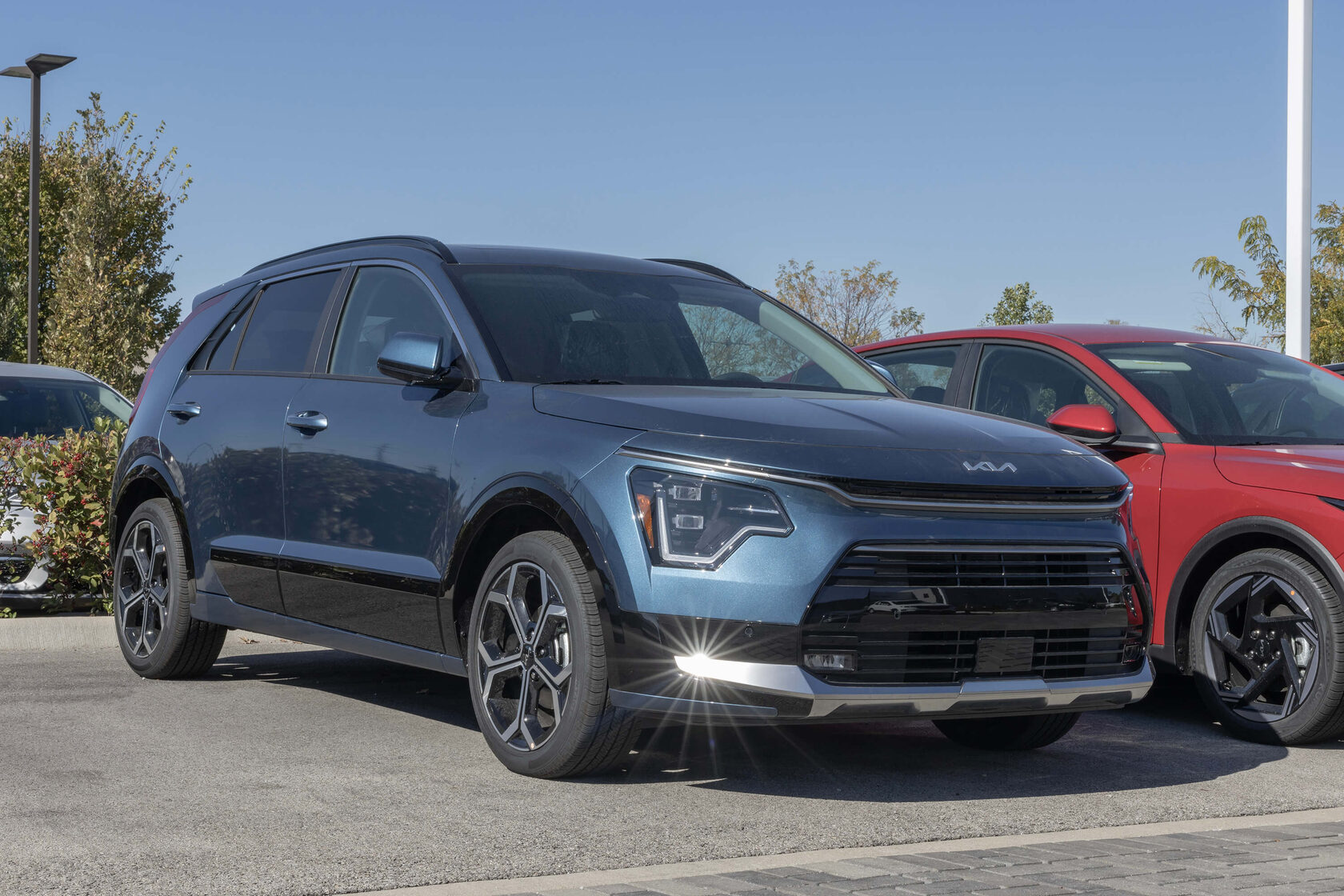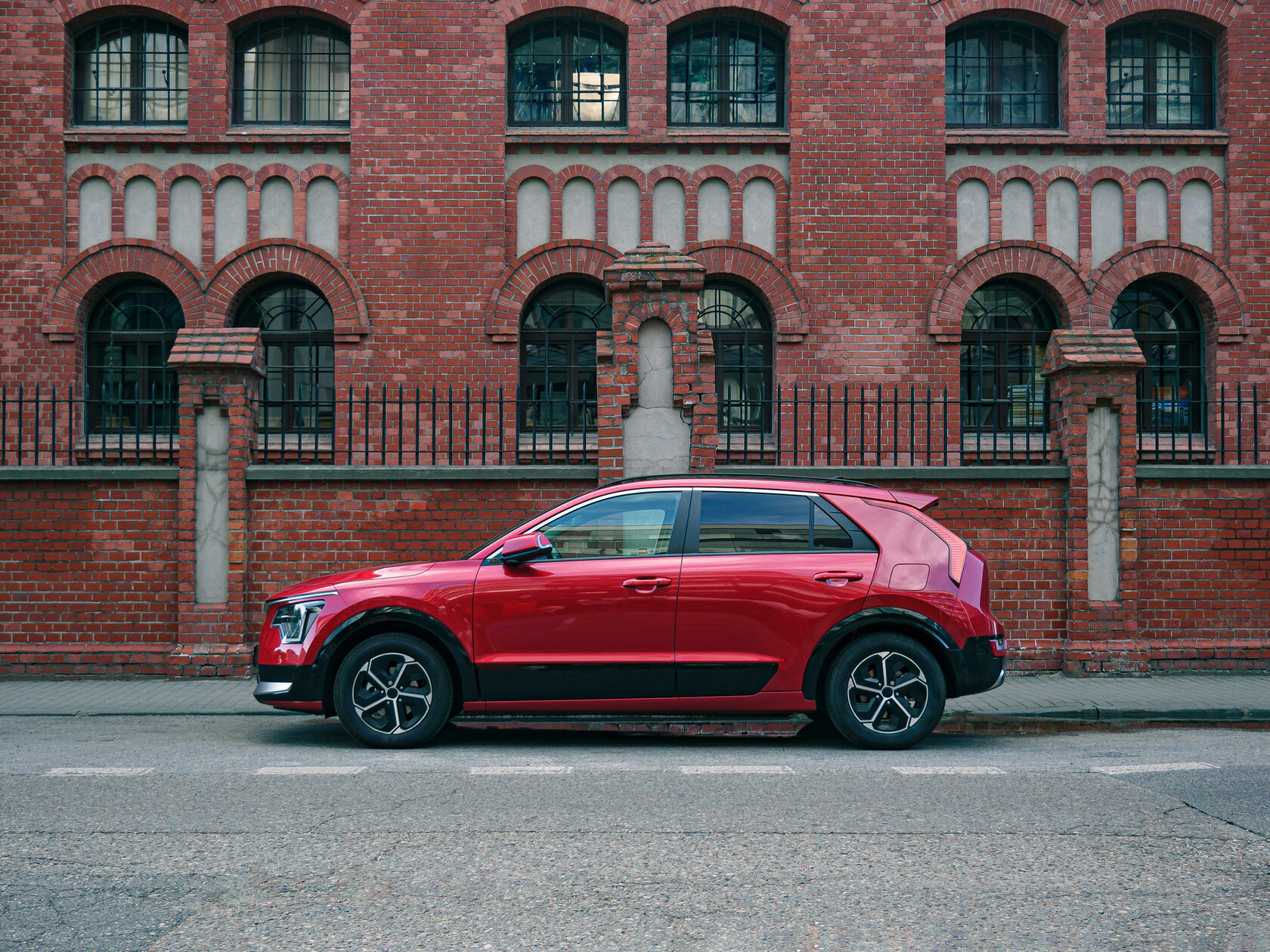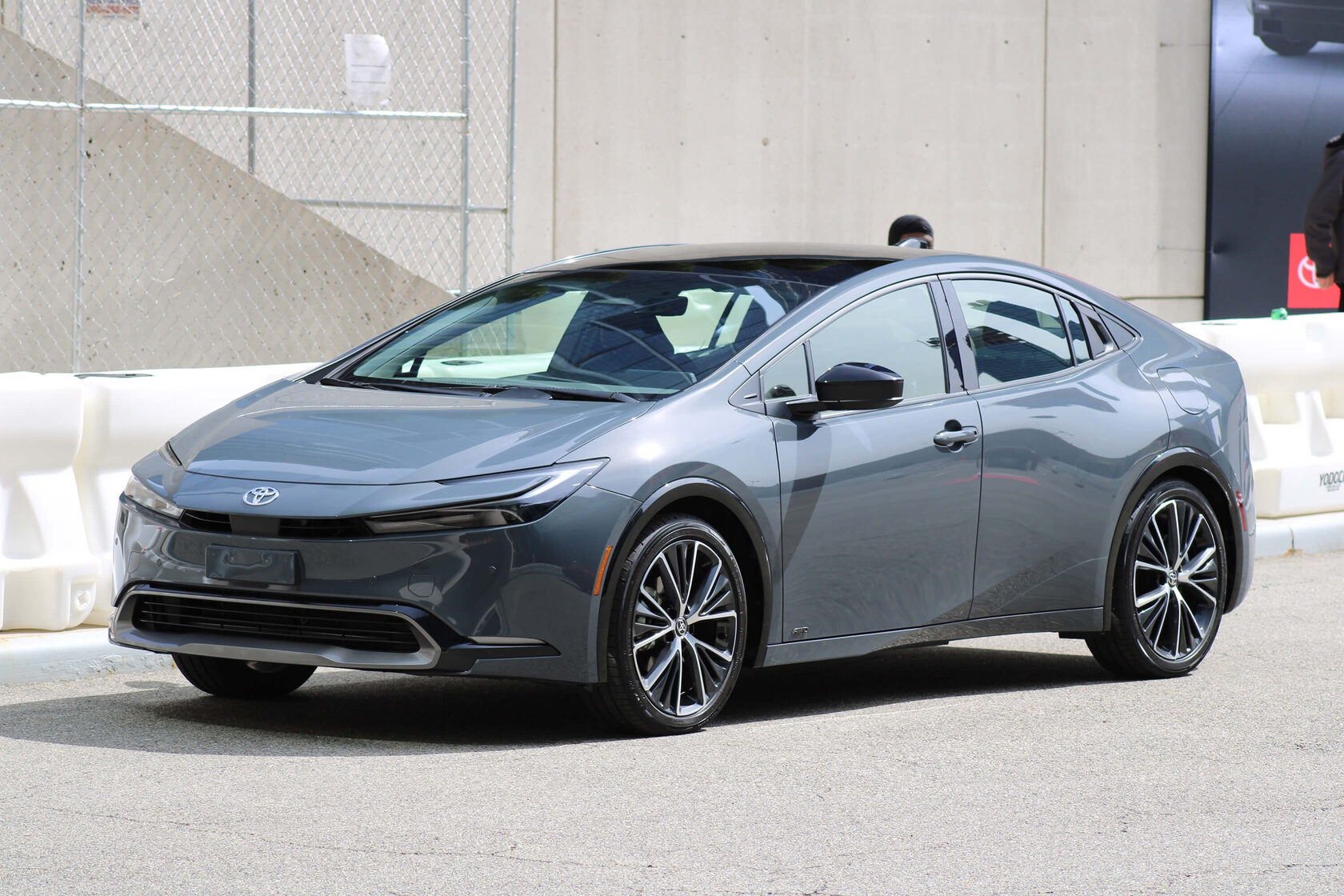Hybrid cars have steadily become a major part of the automotive landscape. As environmental concerns, fuel costs, and the push for sustainability grow, hybrids offer a compelling middle ground between traditional gasoline-powered vehicles and full electric models. However, the hybrid market is still surrounded by misconceptions. In this article, we separate fact from fiction and provide a clear look at what hybrids truly offer in 2025.
Myth 1: Hybrids Aren’t Fuel-Efficient
This myth is among the most common, and it's simply not true. In urban environments where stop-and-go traffic is common, hybrids actually shine. Their electric motors assist during acceleration and allow for engine-off coasting or low-speed driving. Models like the Toyota Prius or Hyundai Ioniq achieve impressive mileage, often exceeding 50 MPG.

Myth 2: Hybrid Batteries Don’t Last
Early-generation hybrids did experience battery degradation, but technology has evolved. Modern hybrid batteries are designed for longevity and often come with 8- to 10-year warranties. Some owners report battery performance lasting well over 150,000 miles. Additionally, battery recycling programs and reconditioning services have improved dramatically.
Myth 3: Hybrids Are Expensive to Maintain
Another misconception. While hybrids may have more components, such as battery systems and electric motors, they often require less frequent brake service due to regenerative braking. Routine maintenance like oil changes, air filters, and tire rotations are similar to conventional cars. Over time, the fuel savings often offset any additional service costs.

Myth 4: Hybrids Are Slow
This may have been true a decade ago, but hybrid performance has come a long way. Models like the Honda Accord Hybrid and the Toyota RAV4 Prime combine electric torque with gas engines to deliver acceleration that rivals traditional sporty sedans or crossovers. Even luxury brands like Lexus and BMW now offer performance-oriented hybrid models.
Myth 5: Hybrids Aren’t Truly Eco-Friendly
It’s important to consider the entire lifecycle of a vehicle, but hybrids generally have a significantly lower carbon footprint than gas-only vehicles. Their ability to operate partially or fully on electricity during city driving means lower emissions and better efficiency. When combined with responsible driving habits, hybrids can be a major step toward sustainable transportation.

Benefits of Owning a Hybrid in 2025
Beyond dispelling myths, it’s crucial to understand the real-world benefits of hybrid ownership today:
Reduced Fuel Costs: Less reliance on gas means more savings, especially with fluctuating fuel prices.
Lower Emissions: Better for the environment, particularly in cities with air quality issues.
Government Incentives: Many countries and regions offer tax breaks or rebates for hybrid owners.
Quieter Driving Experience: Hybrids often switch to electric-only mode in low-speed conditions, making for a smoother, quieter ride.
Strong Resale Value: With increasing demand, hybrids tend to retain value better than many purely gas-powered cars.
Hybrids are no longer niche vehicles for the eco-conscious. In 2025, they represent a smart, efficient, and surprisingly fun option for a wide range of drivers. Whether you’re commuting, running errands, or road-tripping, hybrid cars provide real advantages without demanding major sacrifices in performance or convenience.
As the world shifts toward greener technologies, understanding the truth about hybrids helps us all make more informed, practical, and sustainable automotive choices.
Reduced Fuel Costs: Less reliance on gas means more savings, especially with fluctuating fuel prices.
Lower Emissions: Better for the environment, particularly in cities with air quality issues.
Government Incentives: Many countries and regions offer tax breaks or rebates for hybrid owners.
Quieter Driving Experience: Hybrids often switch to electric-only mode in low-speed conditions, making for a smoother, quieter ride.
Strong Resale Value: With increasing demand, hybrids tend to retain value better than many purely gas-powered cars.
Hybrids are no longer niche vehicles for the eco-conscious. In 2025, they represent a smart, efficient, and surprisingly fun option for a wide range of drivers. Whether you’re commuting, running errands, or road-tripping, hybrid cars provide real advantages without demanding major sacrifices in performance or convenience.
As the world shifts toward greener technologies, understanding the truth about hybrids helps us all make more informed, practical, and sustainable automotive choices.









